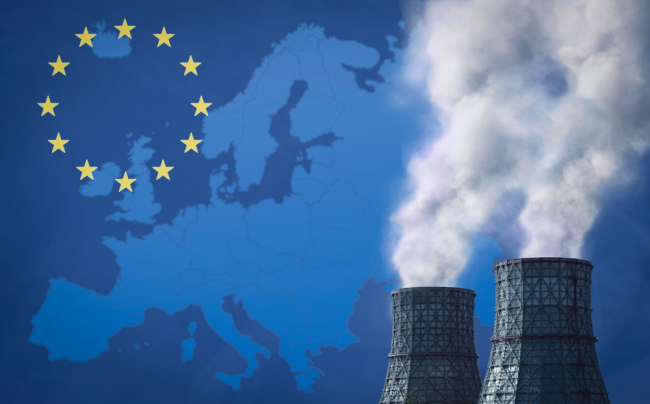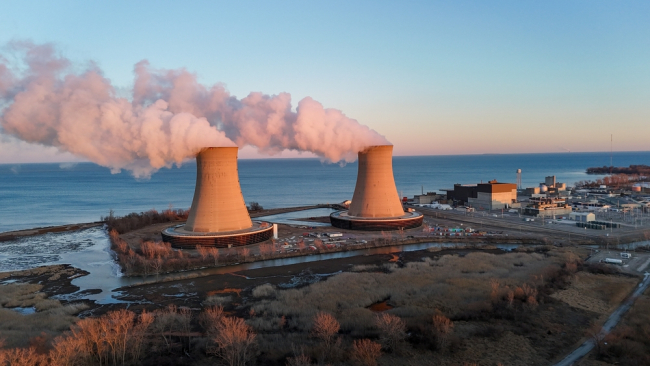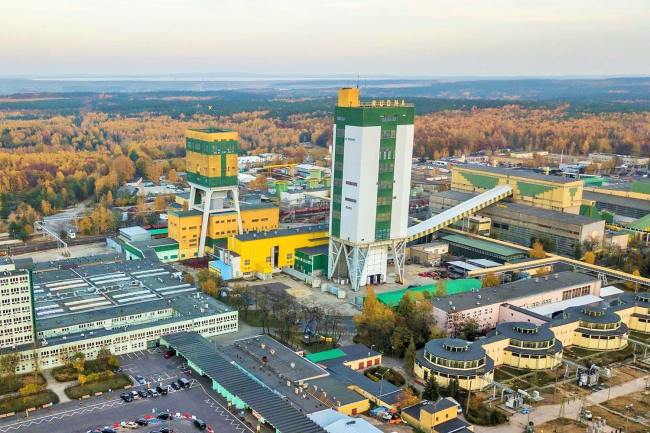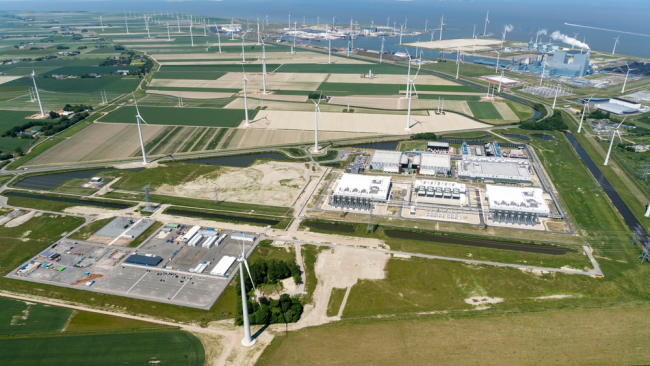Climate Change: When the Media Play the Role of Speculators

Climate change, the risks it implies, the time horizons it imposes and the extent of possible consequences it threaten are exposing how the media deals with public issues.
From 2008 to 2010, the media has behaved like a market speculator. From 2008 up to the meeting in Copenhagen, the media constantly sought to up the bidding, to convince the public that the survival of mankind was at risk. In their text, they replaced the conditional with the future tense; in their images, they rapidly melted the ice floe, raised the sea level and extended the deserts. One minor adjustment: with the approach of Copenhagen, they set aside the description of the future to concentrate on the remarks of politicians who will be the architects at the historic Copenhagen reunion of a change in the course of mankind. The fair would conclude with a consensus protocol that would only need to be implemented.
Nonsense! It doesn’t work like that: an American President whose hands are tied by the Congress, a self-satisfied Europe incapable of maneuver, both India and China ready to act, but unwilling to compromise their growth…with the result a text without any legal status, even if it did constitute real progress.
About face in the media: speculation turns downside, the focus is failure and an effort to convince their public that the subject is perhaps nothing but a scarecrow. The positions of a few scientists, the revelation of errors in an IPCC report and the media hope to re-capture the interest of the public by backpedaling the earlier messages.
There is little doubt that in the next decades we will witness several such cycles. But to maintain a cool head, three thoughts should be kept in mind:
1. There are measures of the past and present that have become increasingly precise thanks to progress in geology and climatology. In the scientific world, these measurements are practically uncontested.
2. Next is the theoretical interpretation of these measurements in an effort to explain them. In this, the debate is never complete, new explanations can be offered new theories developed. But in fact for now, the vast majority of scientists adhere to the argument of climate change accelerated by mankind’s greenhouse gas emissions. While those scientists who disagree, who fail to convince their colleagues and who are anxious to speak out, use the occasion to introduce doubt in the public debate.
3. Finally, there are projections for climate change under different assumptions. Here, we enter into the world of projections where the future cannot be known because it will be shaped by a mix of necessity, luck and will. Here, projections are derived from models that incorporate numerous technical, economic, social and political variables. These projections for the future don’t enjoy the same stature as measurements or their interpretations. But are their uncertainty and relative weakness a reason to ignore their warnings? Obviously not, because we are compelled to make our best assessments to guide our actions. Moreover, it is amusing to note that some in the media often make reference to the precautionary principle no matter when. However, they don’t mention it in the case of climate change although to get ready to manage the prospect of climate change holds no risk of irreversibility for mankind while a strategy of immobility could lead to serious consequences.
So let’s leave to speculators the business of speculation and focus instead on two areas we must concentrate our efforts:
- The development and deployment of technologies that improve the efficiency of energy use and reduce greenhouse emissions
- The gradual elaboration of a system of global governance to help humanity respond to the challenges of globalization.
This constant subjection of public opinion to cycles of hot and cold commentary will end up leaving our public battered and ultimately disinterested.
Related centers and programs
Discover our other research centers and programsFind out more
Discover all our analysesReconnecting With Europe's Nuclear DNA: a Political Question
As Europe's main source of low-carbon electricity, nuclear power is a strategic asset for tackling climate and geopolitical challenges.
Will the Western Nuclear Power Revival Take Place? The State of Extra-European Advances
Against the dual backdrop of the energy transition and the rapid transformation of the international order, the question of Western nuclear revival is being raised with renewed acuity.
Re-evaluating Copper Supply: The Crucial Role of Technology
Some authors argue that the energy transition is doomed to fail due to metal scarcity and the rising energy costs of extraction.
The Strategic Dimension of Power System Flexibility: Opportunities in Europe
The European Union has embarked on an energy transition aimed primarily at replacing fossil fuels by electrifying demand.











